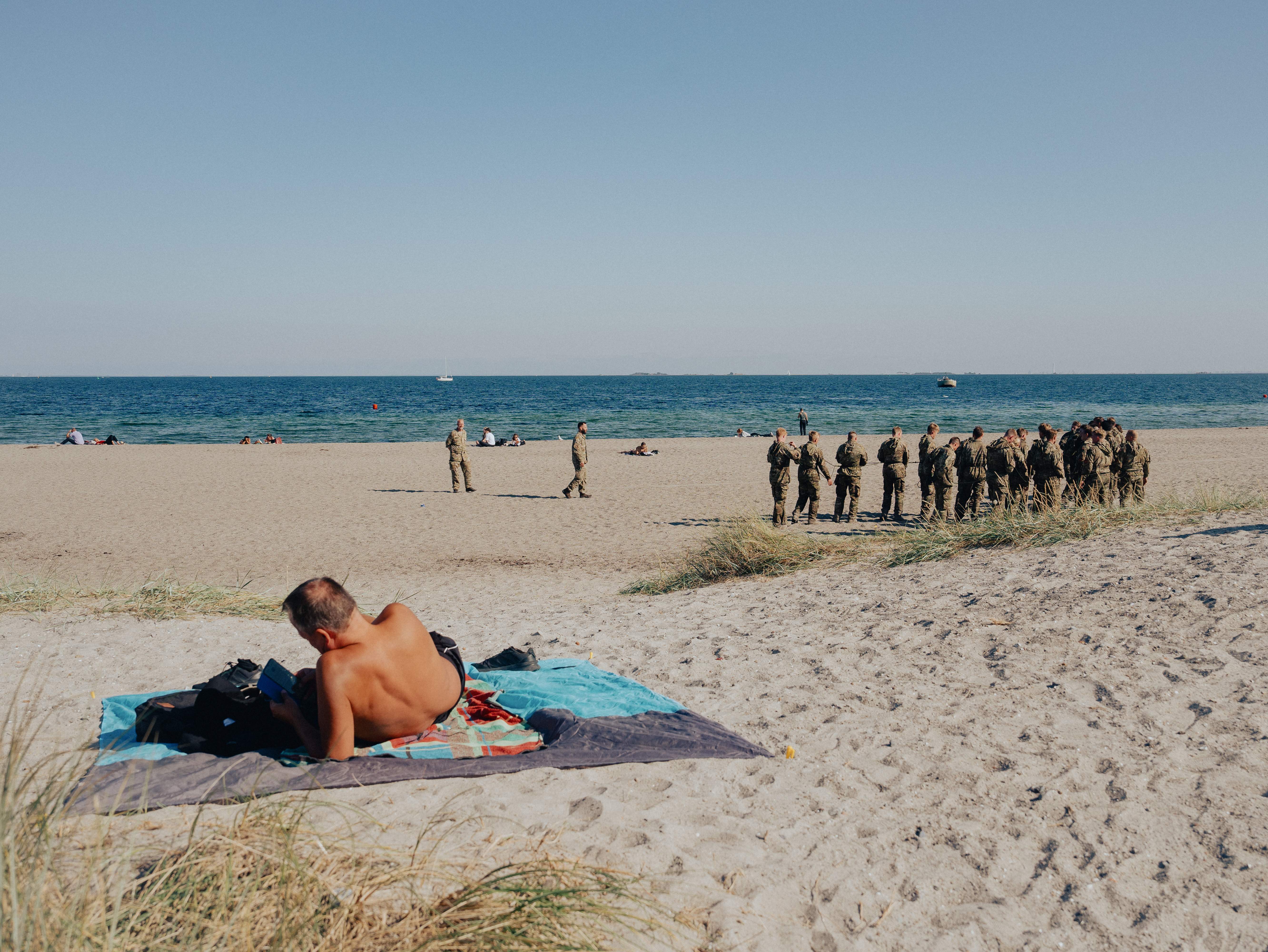Start-up neighbourhoods / Global
Fresh start
We visit three neighbourhoods that have vibrant hubs for new businesses and delivered a great quality of life for entrepreneurs.
In recent years, there has been a renaissance in smaller locales that are now offering fertile ground for forward-thinking entrepreneurs. Here, we visit three neighbourhoods that have been transformed by a profusion of fresh ideas. Running west to east, Seattle’s Fremont has provided a laid-back and affordable alternative to the city’s blockbuster tech enclaves; in Copenhagen, the long-maligned Amager island now teems with exciting new companies; and Kuala Lumpur’s Chinatown (also known as Petaling Street precinct) is shaking off its seedy past and reinventing itself at pace. —
Fremont
Seattle

In 2001 professional skier Bryce Phillips chose Seattle’s Fremont neighbourhood as his base to sell used gear because his rented flat had a garage. Over two decades later, his outlet Evo is one of the leading action-sports retailers in the US, Canada and Japan, while its sibling property-development company, Evolution Projects, owns hotels, commercial buildings and residential units in outdoors-oriented cities and mountain towns. Both companies still call Fremont home. “We had to ask ourselves, ‘Who are we?’” says Ira Gerlich, Evolution Projects’ co-founder, while a team reviews lighting for the newest Evo Hotel in Lake Tahoe, California. “Are we downtown high-rise people? No. We have pride in working in the places that we do projects in.”
Like Fremont, those places are up-and-coming low-to-mid-rise neighbourhoods with eclectic, tightknit communities. As Gerlich takes monocle to Evolution Project’s latest development – encompassing more than 21,000 sq m of office space, retail, restaurants, a skatepark and a climbing gym – we pass independent shops selling vintage clothing, guitars, jewellery, records, books, bicycles, pottery, glassware and house plants. Dive bars, coffee shops and live-music venues abound, while a few light industrial businesses – a computer recycler, an outdoor-equipment repair shop – linger on.
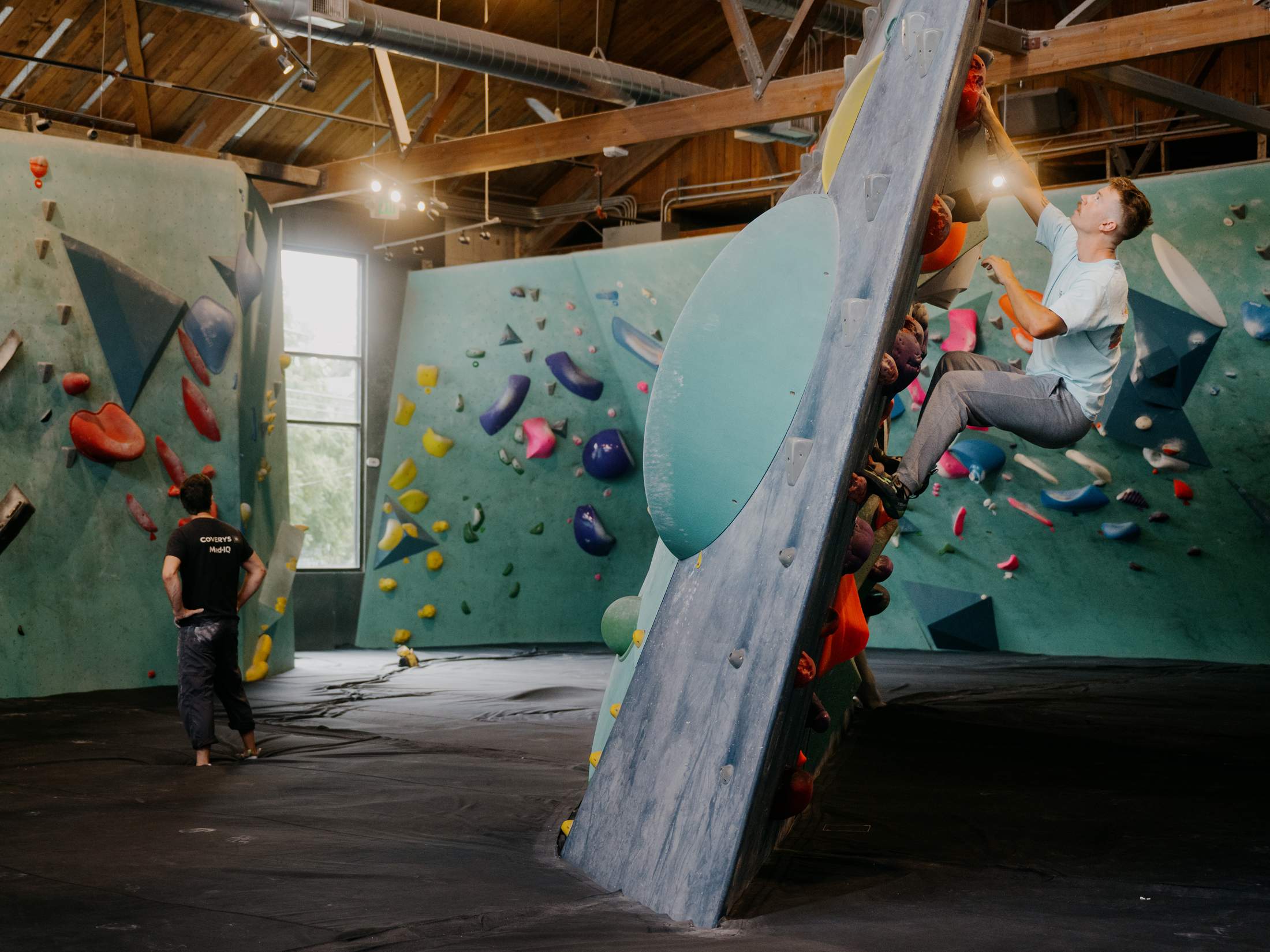
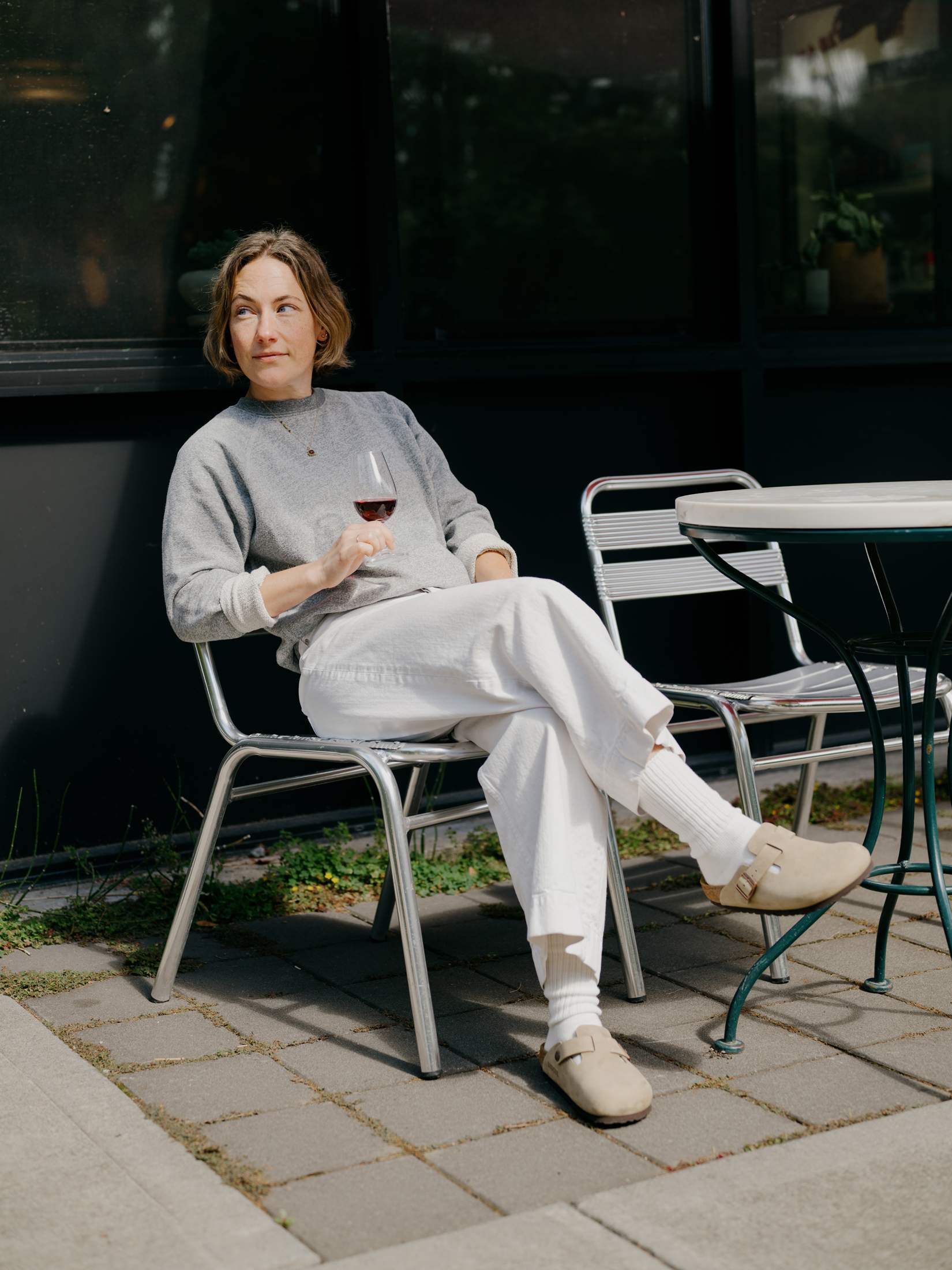
Construction workers are putting the finishing touches on Evo Campus’s office building, fully leased by 110-year-old shoe brand Brooks Running, while staff set up for dinner at South Korean-inflected steakhouse Joule. Restaurateur Rachel Yang, Joule’s co-owner, meets MONOCLE at her latest venture, Paper Cake Shop up the street. “Entrepreneurship is about being individual,” she says, between bites of mango black-tea cake. That profile fits Fremont, from the weekly market and annual Solstice Parade (famed for its naked bike ride) to the quirky public art, such as a Lenin statue rescued from a Cold War scrap-heap and a concrete troll lurking under a bridge.
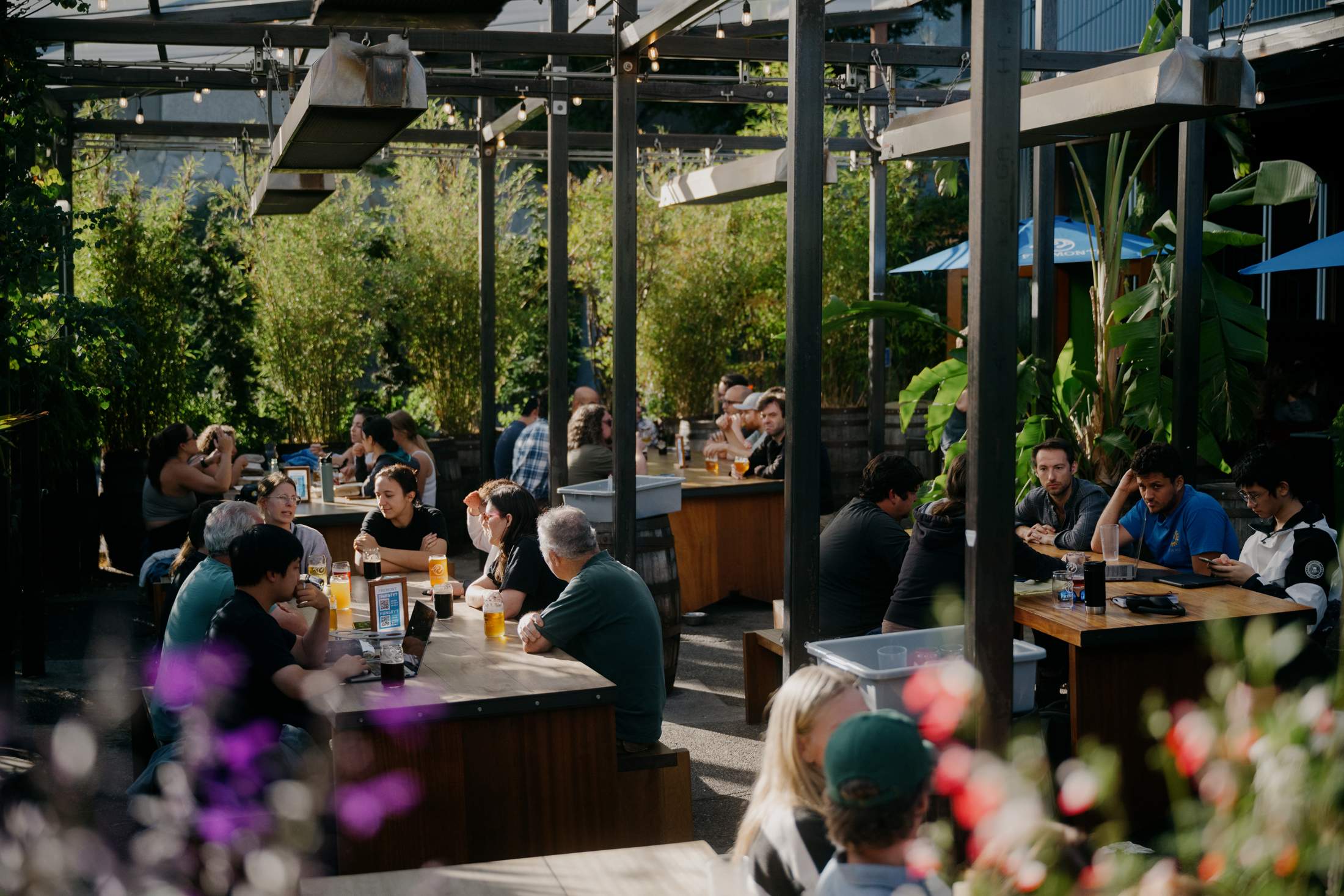
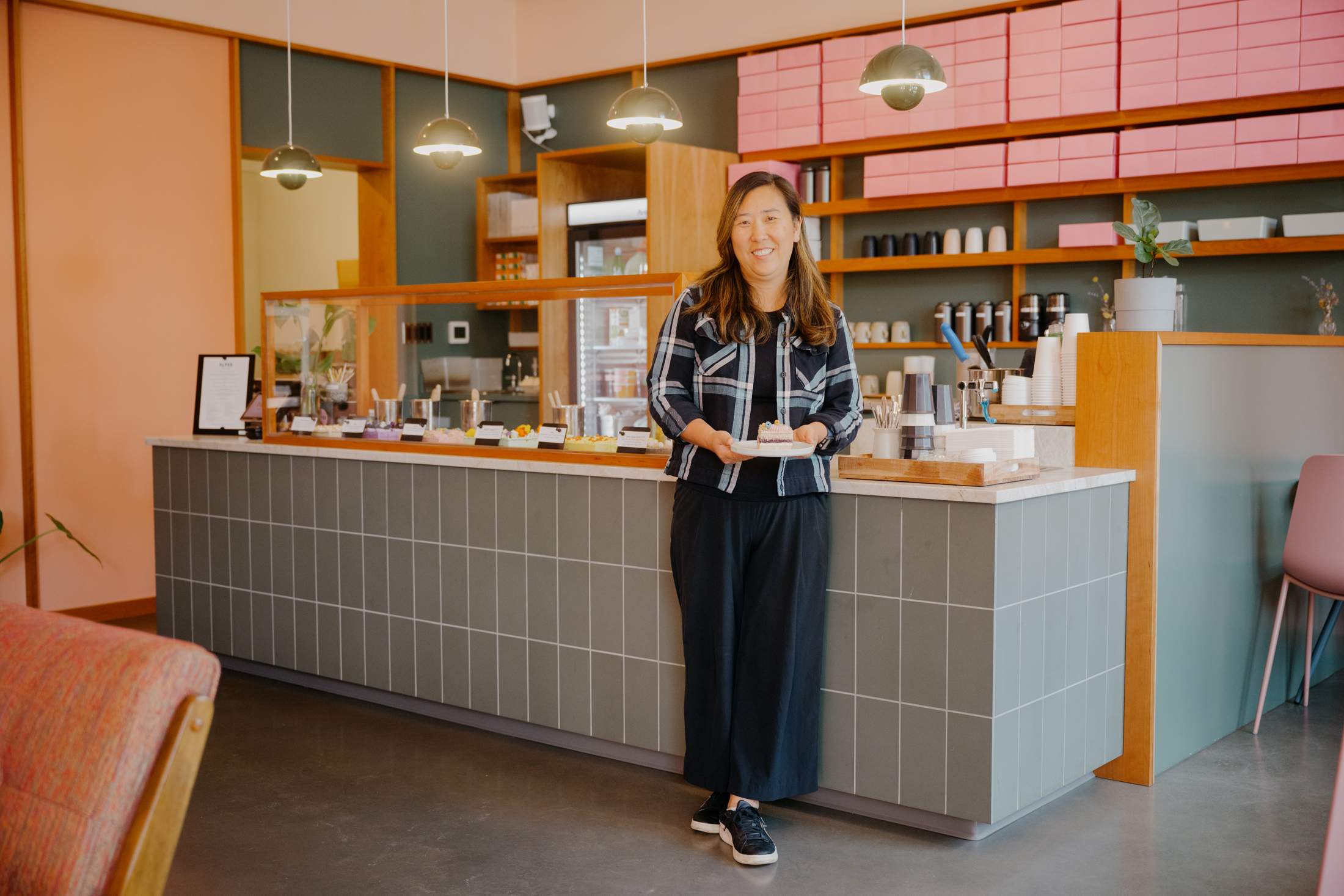
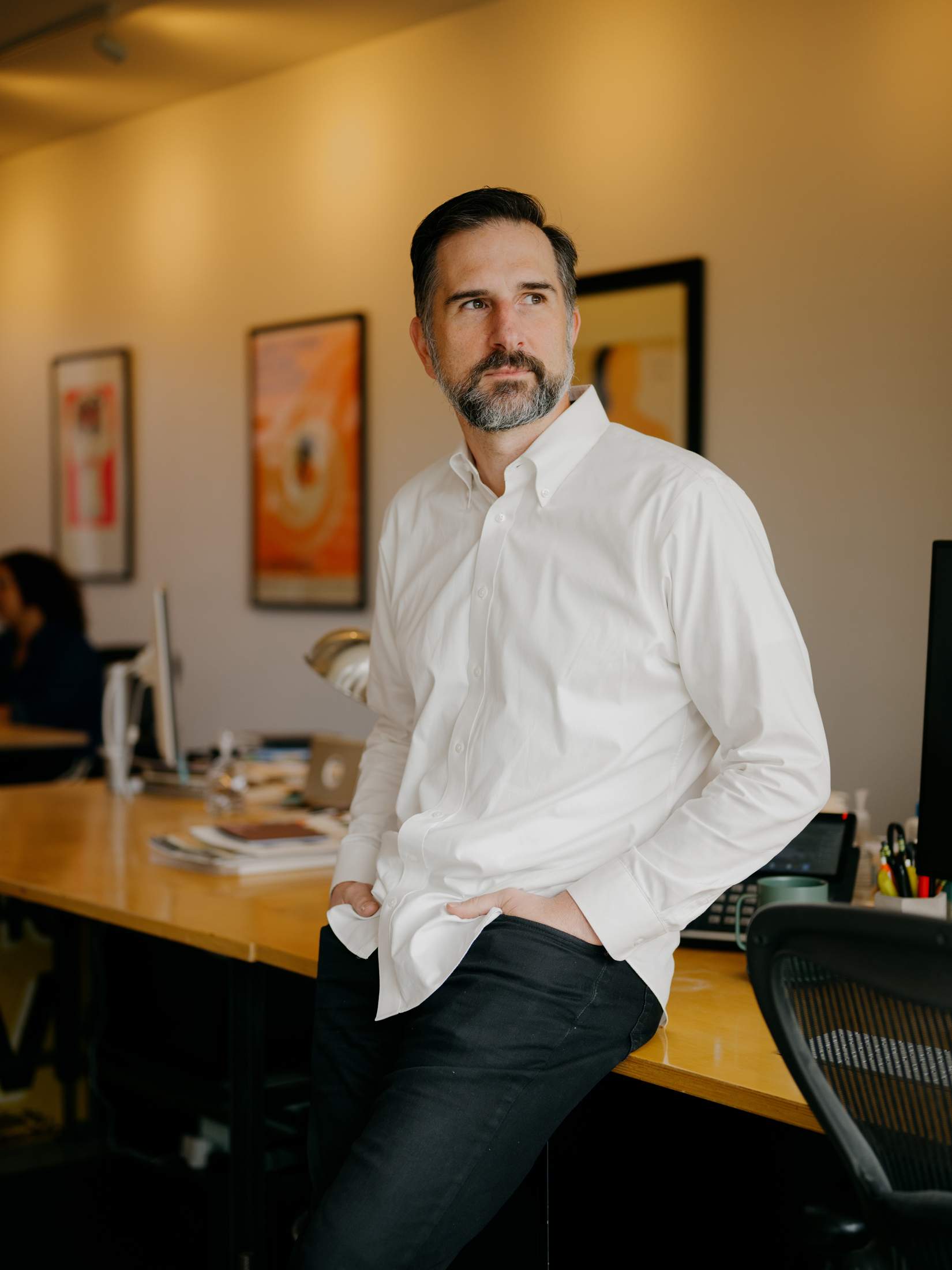
As business mores evolve, a CBD address is no longer a necessity. Brand design agency Turnstyle invested in a canal-front townhouse in the south of Fremont in 2016. Today its neighbours are a commercial electrician, a natural-wine shop and a boutique selling high-end Japanese denim. “We had a shared vision of working in a more creative neighbourhood outside the business core,” says co-founder Ben Graham. Turnstyle still charges comparable downtown rates for its services but now clients come to them. Managers from the area’s corporate giants – Amazon is a 10-minute drive away – steal away from their offices to work on brand strategy with Turnstyle’s team while pleasure boats pass by.
Technology firms have increasingly found a foothold in Fremont, which is home to a Google satellite office and Adobe’s research arm. Drone start-up Brinc, backed by more than $80m (€72m) in venture capital, relocated here from Las Vegas in 2022. Health innovator Path is moving in. MONOCLE ends its Fremont tour via e-bike, zipping along a cycle superhighway past boatyards and beer gardens to the neighbourhood’s newest office building, Northlake Commons, atop a lumber company’s warehouse. The Allen Institute for Artificial Intelligence and its business incubator will arrive later this year in the fetching new digs, replete with paddleboard storage. The next breakthrough in machine learning might well be hatched on a lake a stone’s throw from trucks toting timber – exactly the Fremont way.
Chinatown
Kuala Lumpur
With its sea of counterfeit products and underbelly of illicit activity, it’s easy to unflatteringly paint Kuala Lumpur’s Chinatown (Petaling Street) with a broad brush. But look past its central boulevard and you’ll uncover a wave of creative entrepreneurs putting the neighbourhood on the start-up map. Petaling Street is set within an area that locals refer to as the “old city”, which began as a settlement of tin miners in the late 19th century. As the city grew and modernised in the 1980s and 1990s, scores of shop houses fell into disrepair. Many were left abandoned while some became brothels.
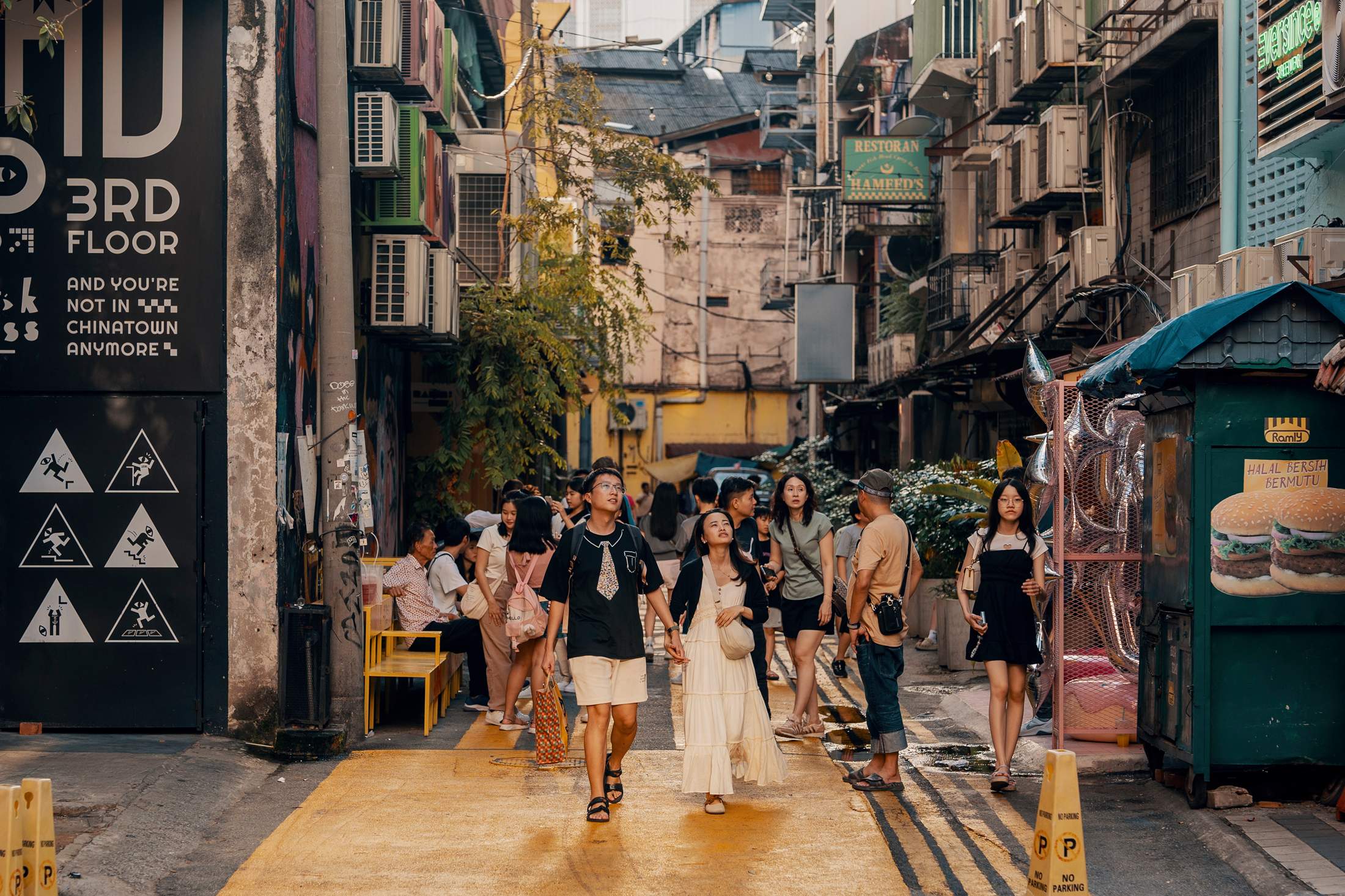

In 2019 seeds of regeneration were planted when architects Shin Chang and Shin Tseng joined forces to transform a former cinema into a creative enclave called REXKL. Today, it is buzzing with restaurants, shops, tattoo parlours and an immersive art space. “We wanted to bring independent Malaysian brands back to this area,” says Chang. “There has been a lot of effort on our part to attract emerging businesses that are representative of Malaysia today.”
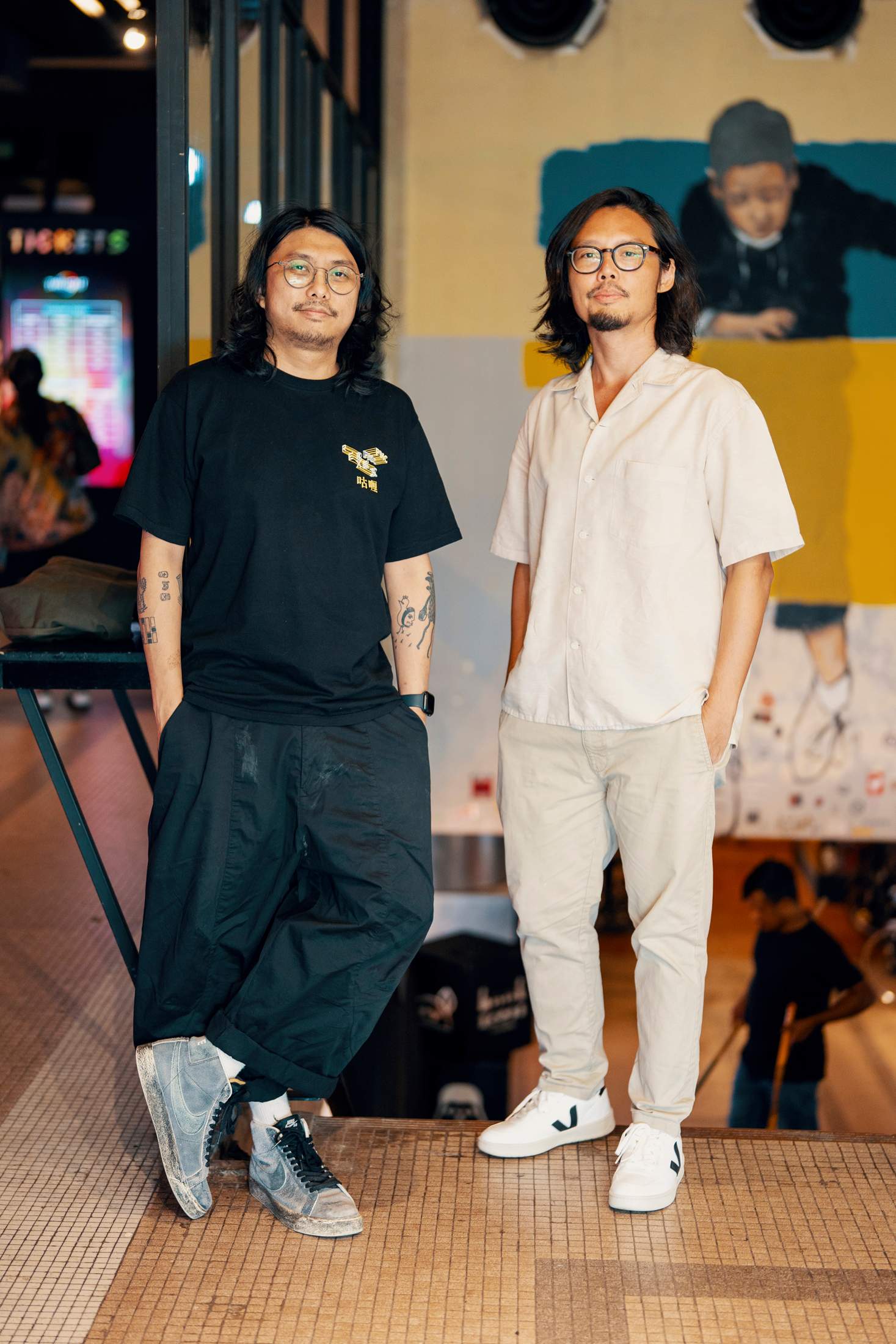

Given the perceptions of the area as seedy, some entrepreneurs were unsure of moving in but REXKL provided a way through which they could invigorate this historic but long-neglected part of the city. “Many felt sad or sorry about the state of the neighbourhood and longed to reconnect with the ‘real’ Kuala Lumpur,” says Tseng.

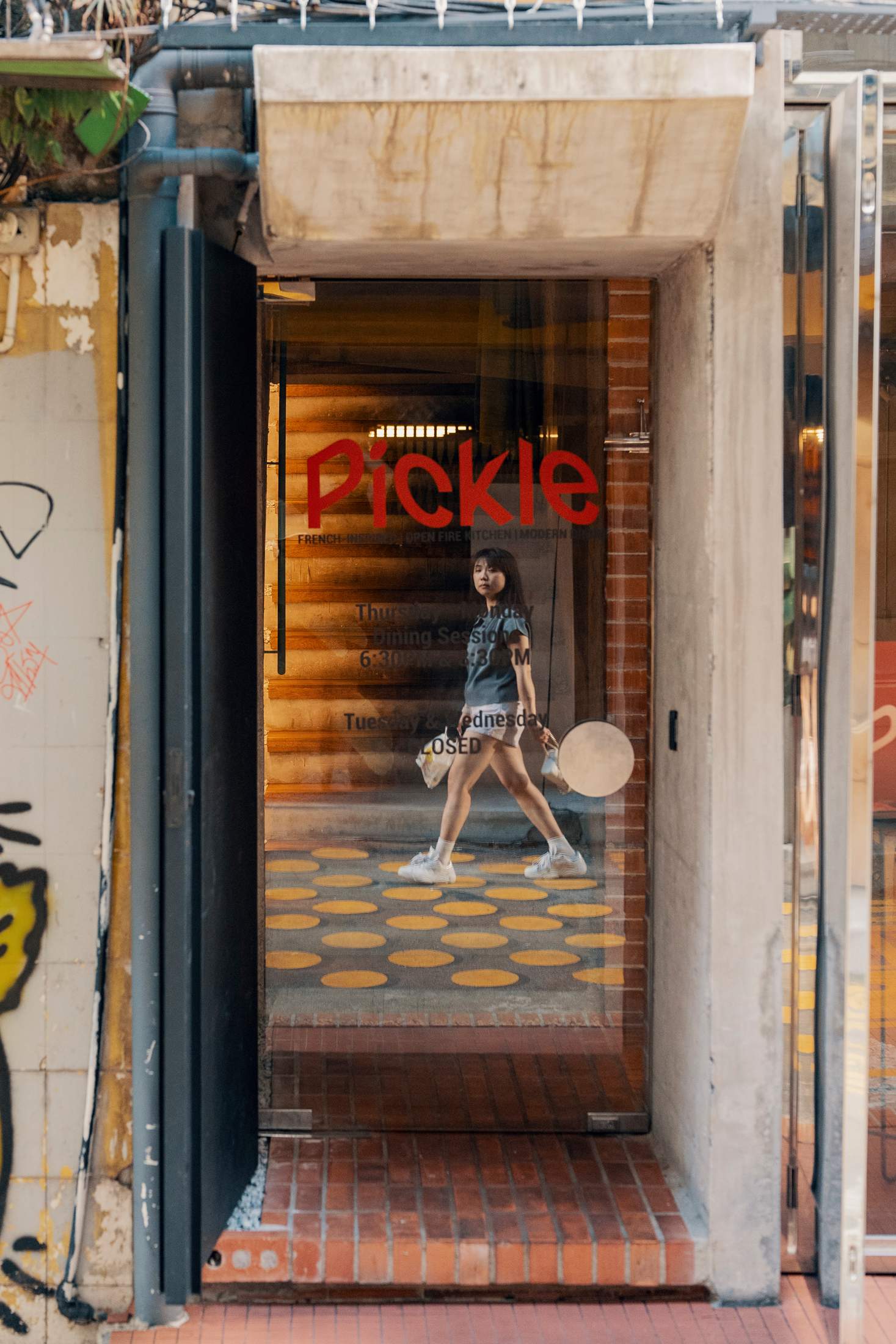
Chef Danial Thorlby shares this sentiment. The co-founder of Pickle Dining, a French-inspired restaurant that dabbles with fermentation and charcoal cooking, had always dreamt of setting up shop in Chinatown. “This neighbourhood was one of the first hubs of entrepreneurship in Kuala Lumpur, from the street hawkers to the artists,” he says. “Having spent much of my childhood here and witnessing its decline, I think it’s great that I can play a part in bringing it back to life.”
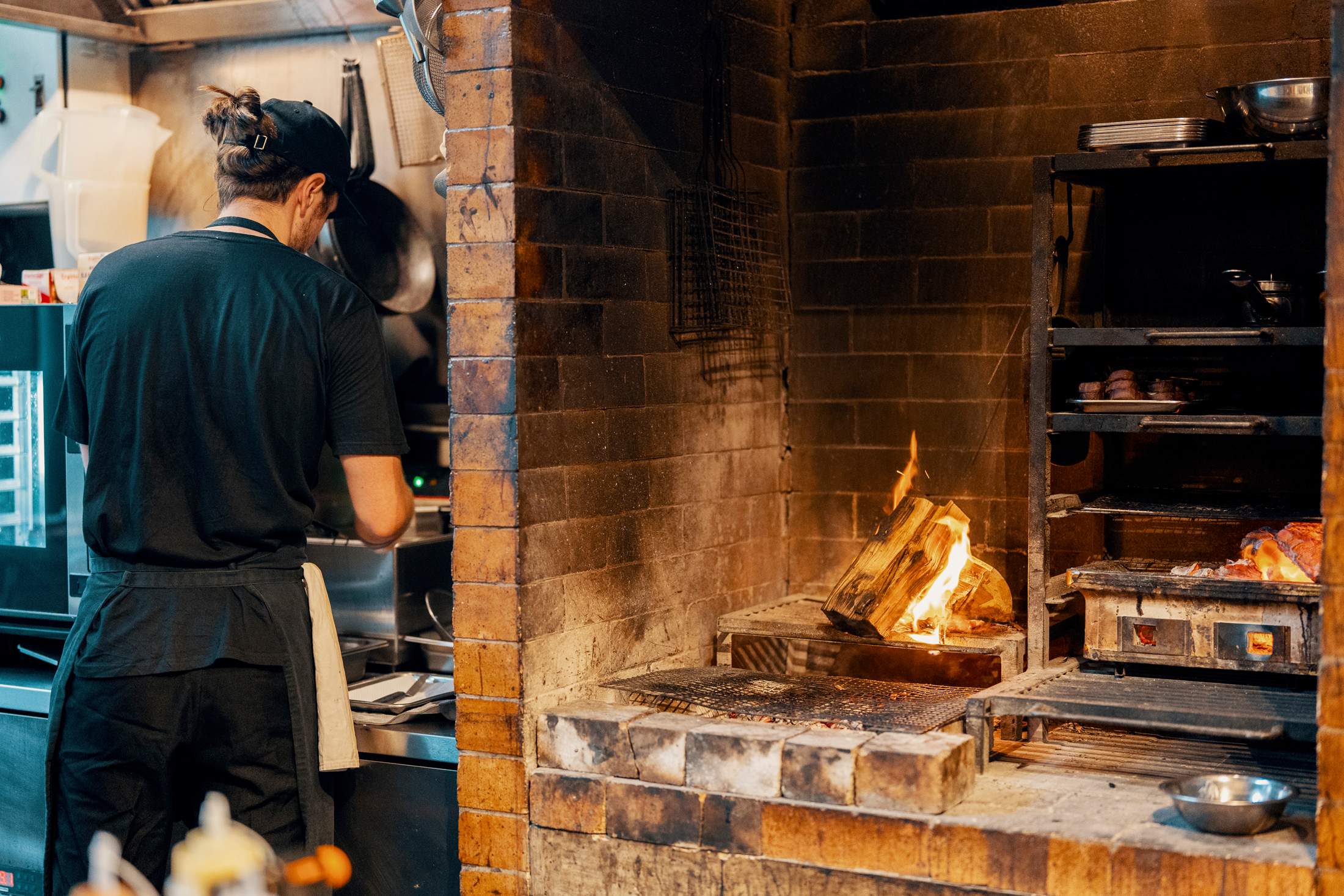
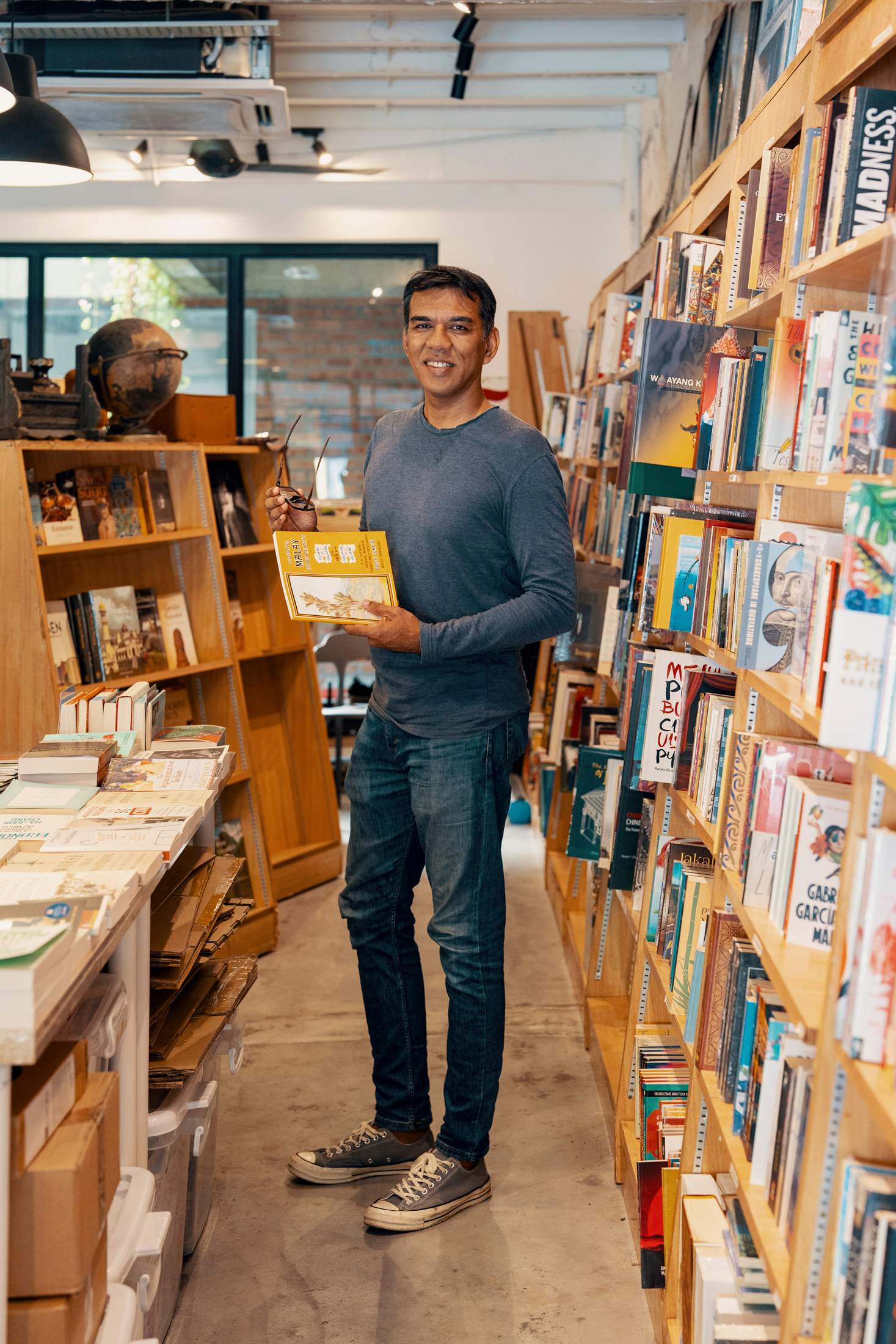
An attachment to the city’s older quarters also drew Engku Roestam Alias here when he was looking for a new site for Riwayat, a bookshop focusing on sociopolitical issues. “This neighbourhood represents Kuala Lumpur,” says Roestam. “It was the high street that gave the city its cultural and economic vibrancy. There’s a mix of cultures here and both locals and travellers visit this part of town.”
Petaling Street’s rise can also be attributed in part to Justin Chen and Javier Perez. They restored a 1930s building into Else Kuala Lumpur, a boutique hotel that has drawn more affluent visitors to the area. Chen and Perez’s ethos from the outset was to craft a “globally connected, locally rooted” hospitality hub, expressed in Else’s artist-in- residence programme and numerous creative collaborations. “We’re always looking to work with people in the community, be it gallerists or promoters, and give them a platform to showcase their work,” says Perez.
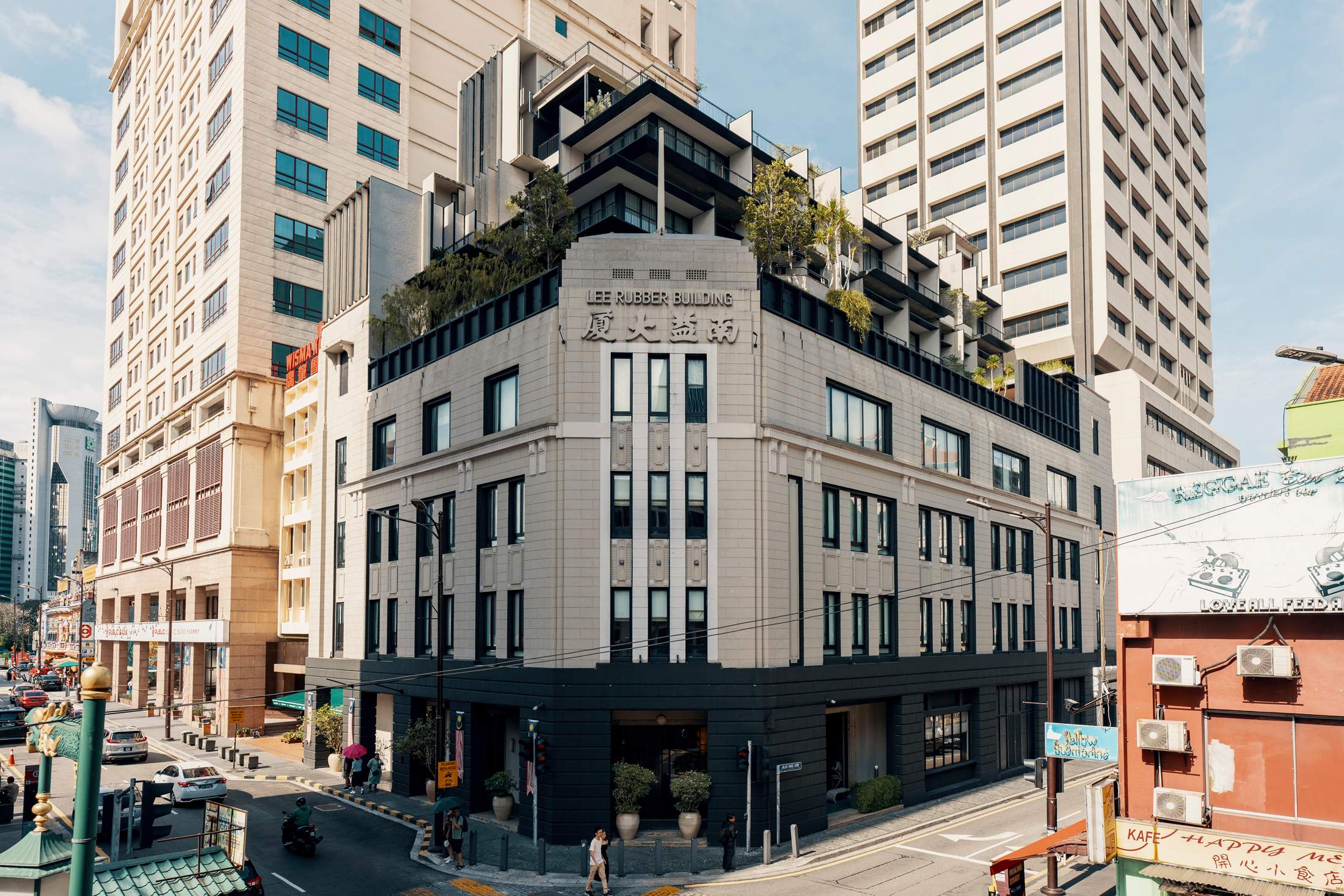
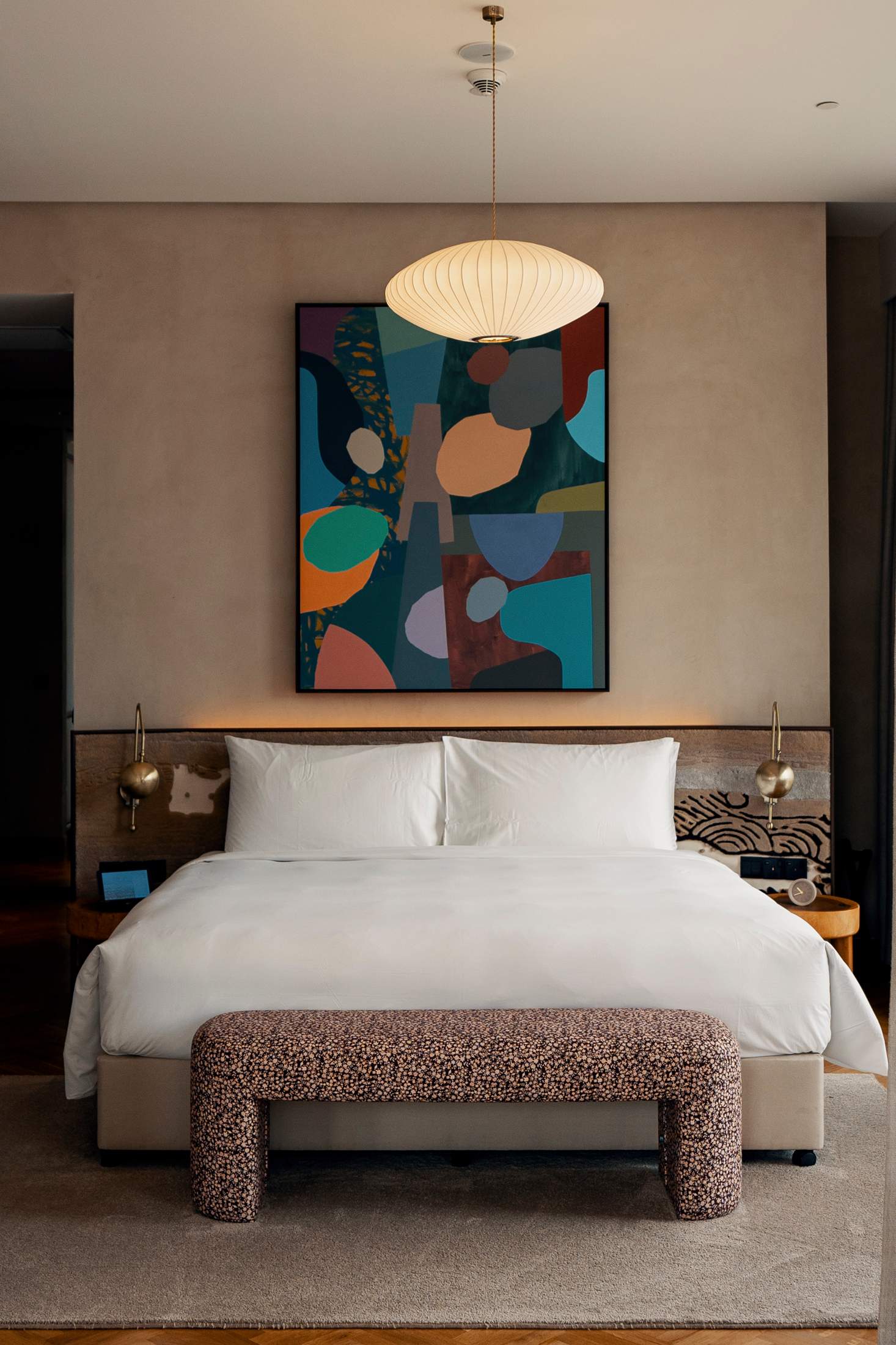
Many of these entrepreneurial newcomers are just getting started. Chang and Tseng are bringing their successful adaptive reuse approach to a five-storey building nextdoor to REXKL, this time with a focus on wellness and art, injecting vim and pep into the heart of Kuala Lumpur.
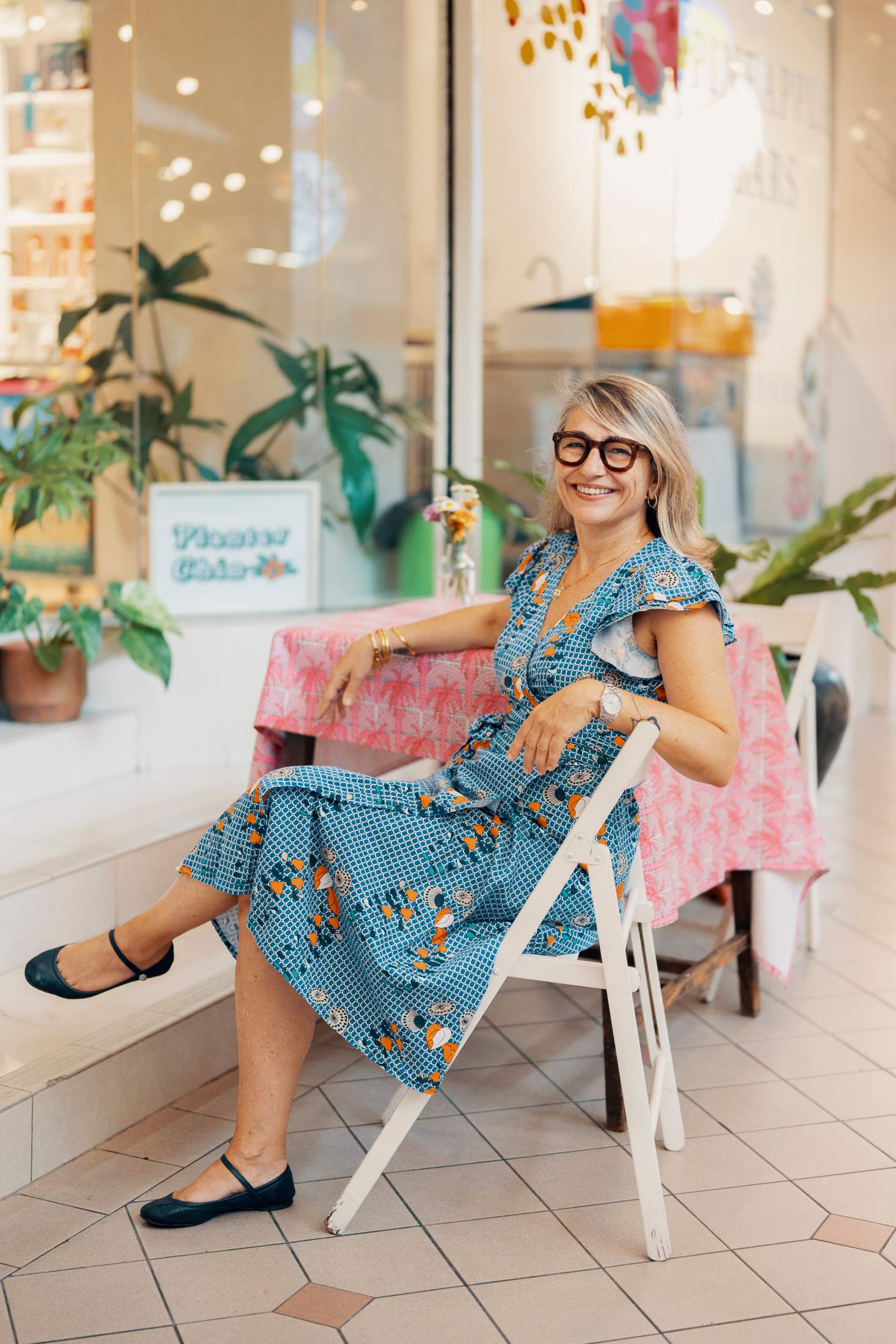
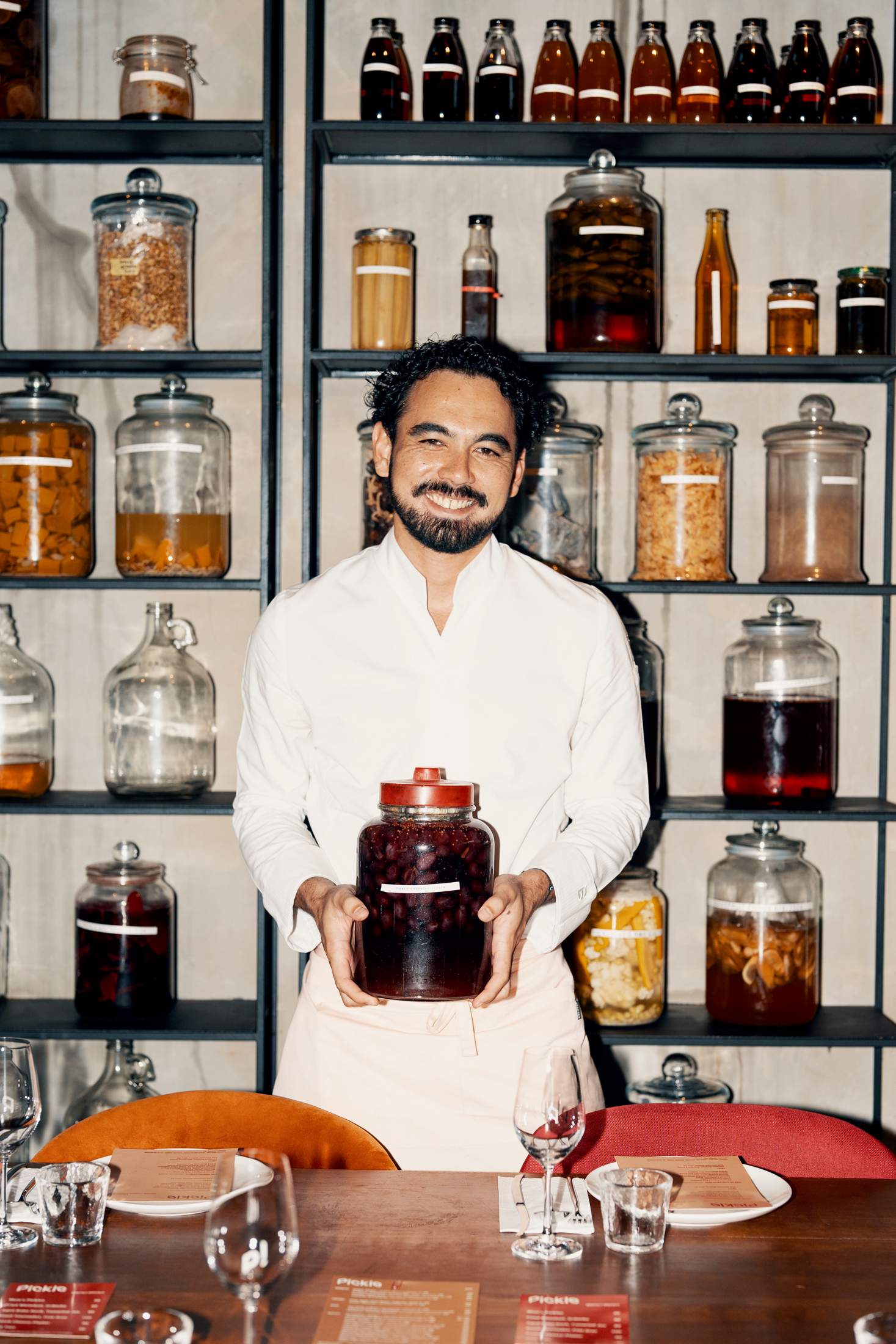
Amager
Copenhagen
Visitors to Copenhagen might not notice that they are leaving Amager island as the metro whisks them into the city centre from the airport. But residents of this island in the Øresund strait have always been quietly proud of their neighbourhood. These days, numerous start-ups are also coming to appreciate the variety, flexibility and lower costs of Amager’s post-industrial building stock, the same built environment that once saw it nicknamed “Shit Island” by snobby Copenhageners.
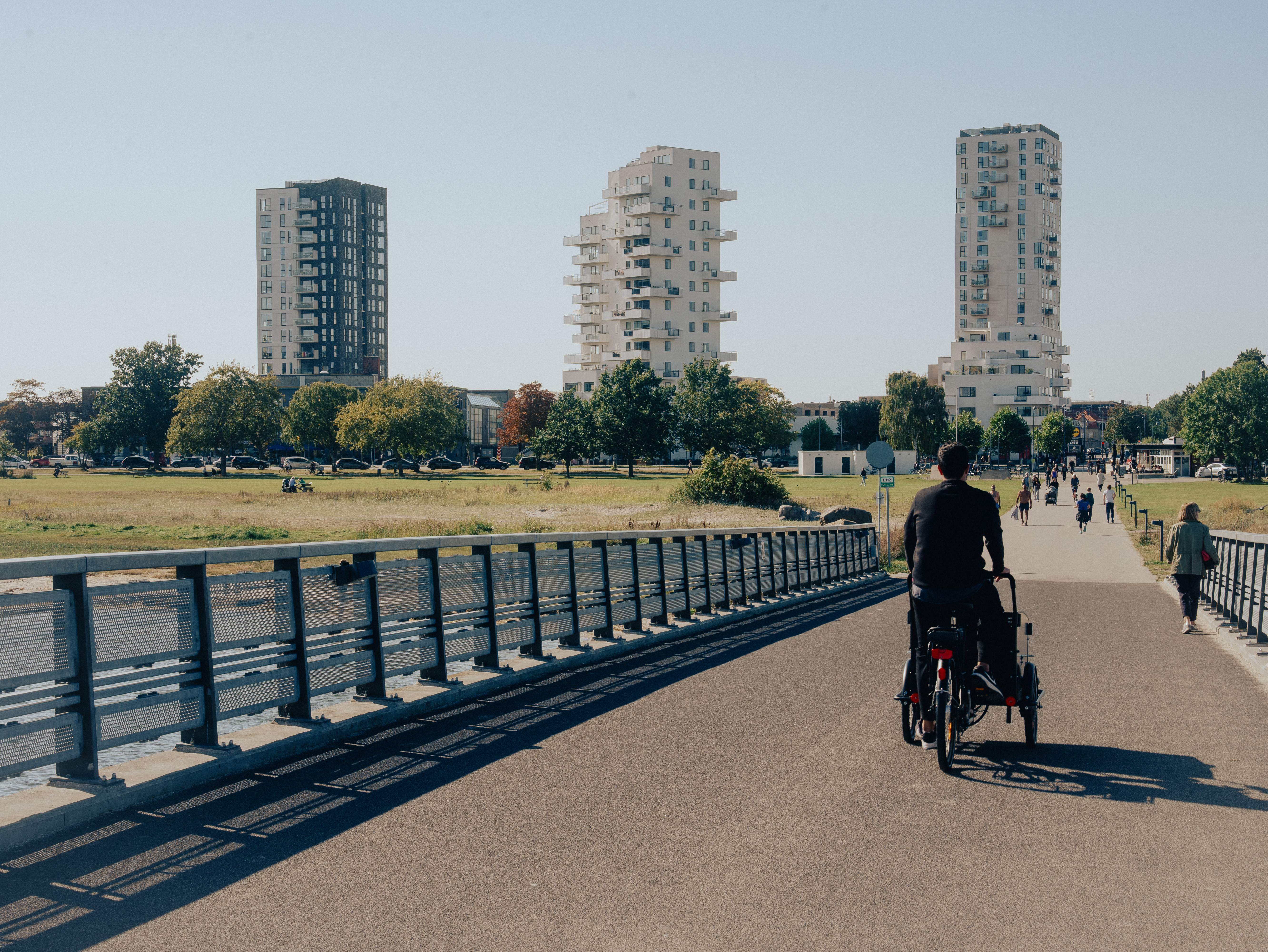
“Our corner of Amager is an industrial area that is in transition towards a mix of new housing and industry, so it has a lot of soul and heritage,” says Rasmus Juul-Nyholm, co-founder of property company Home Earth. The company, founded in 2021, combines an exceptionally low emissions target on its new builds and refurbishments with an unusually long-term approach: it aims to own its properties in perpetuity, instead of the typical 10-year period, with tenants part-renting and part-owning. The company is based in one of its properties, Nefa Fabrikken, a factory that once made bicycle lights, close to numerous other small businesses. “This area is such a good compromise between being central – we can bike into the city – and affordable,” says Juul-Nyholm. “It’s got a cool vibe. It’s dominated by creative industries.”
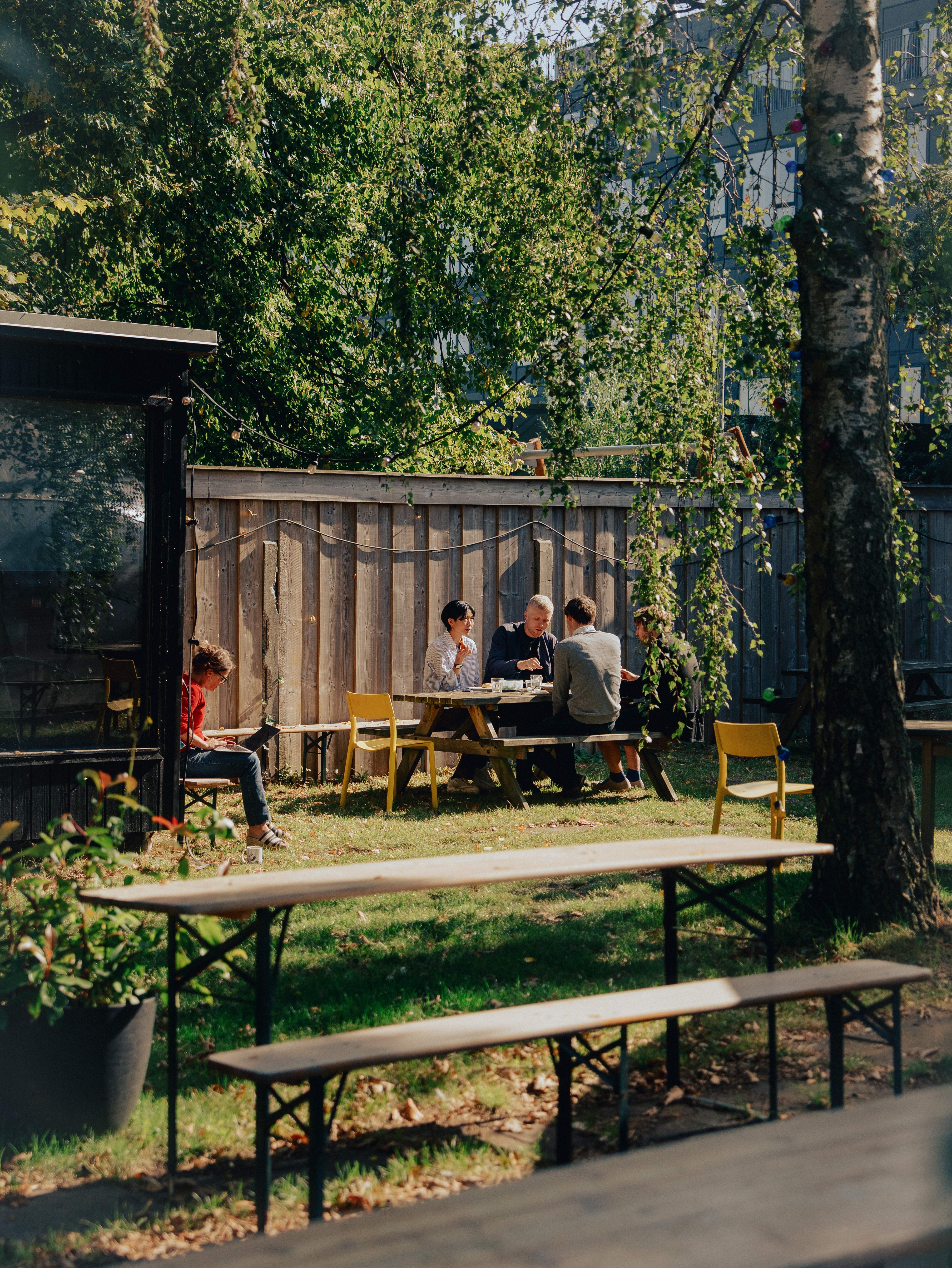
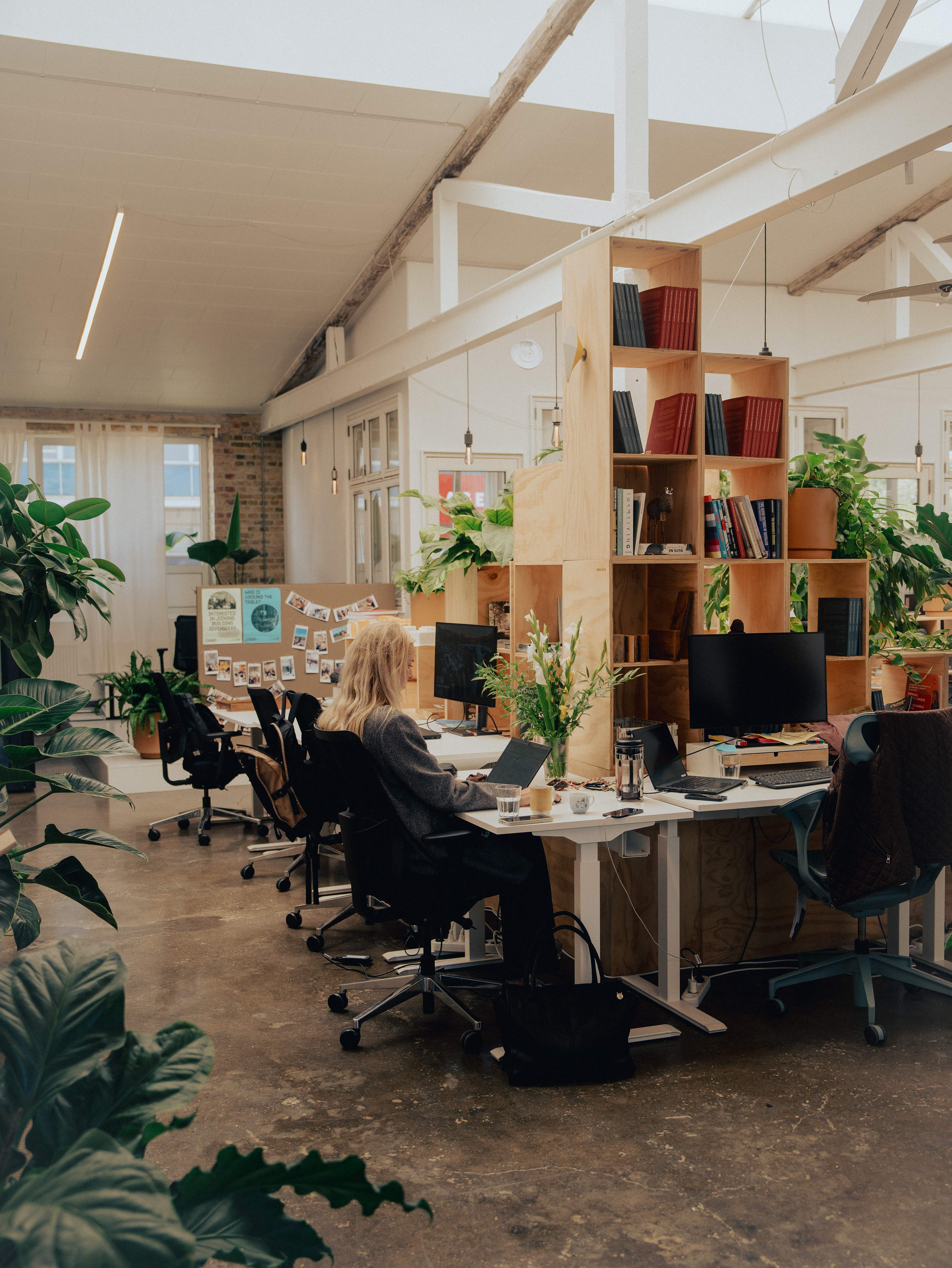
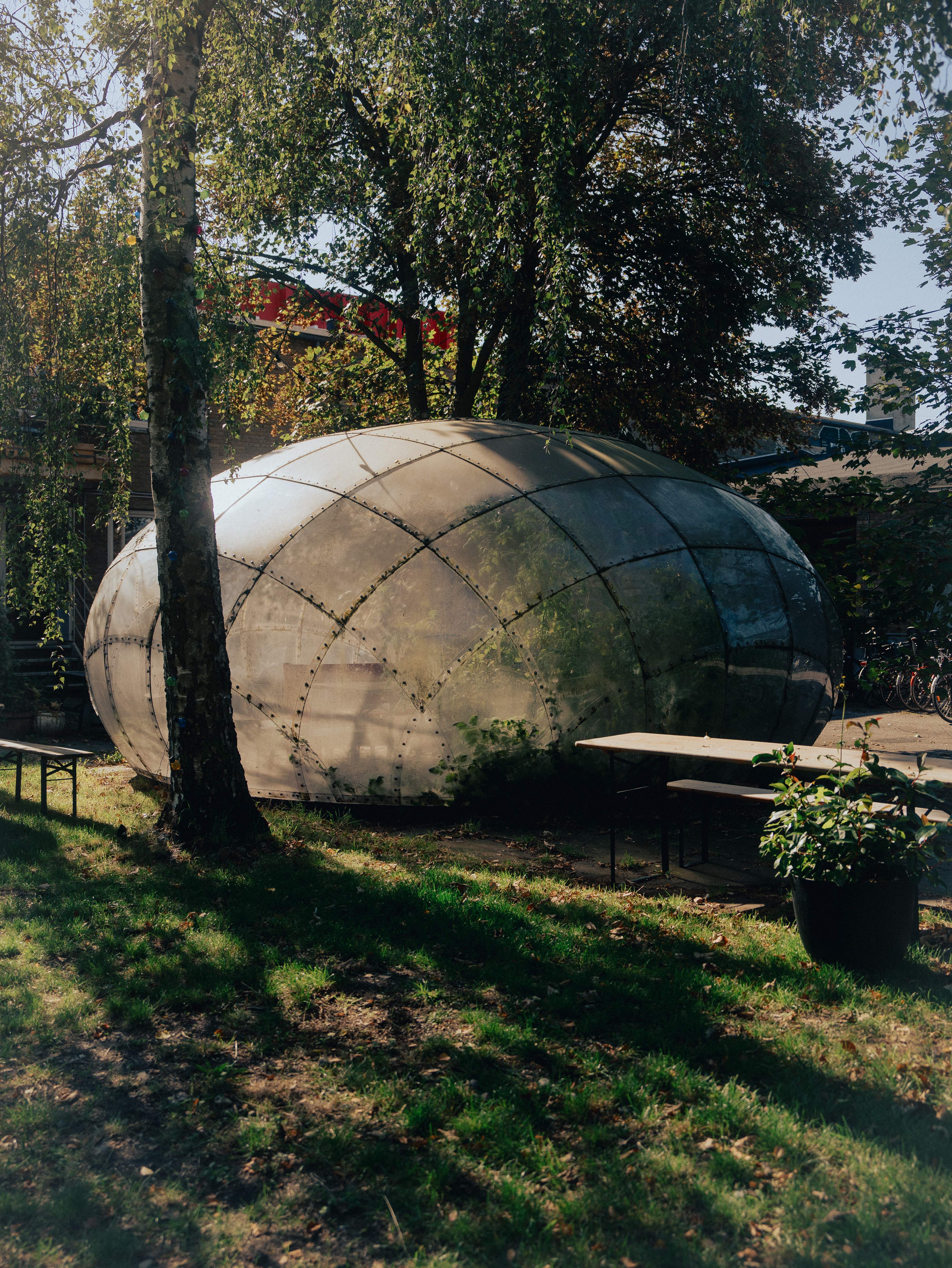
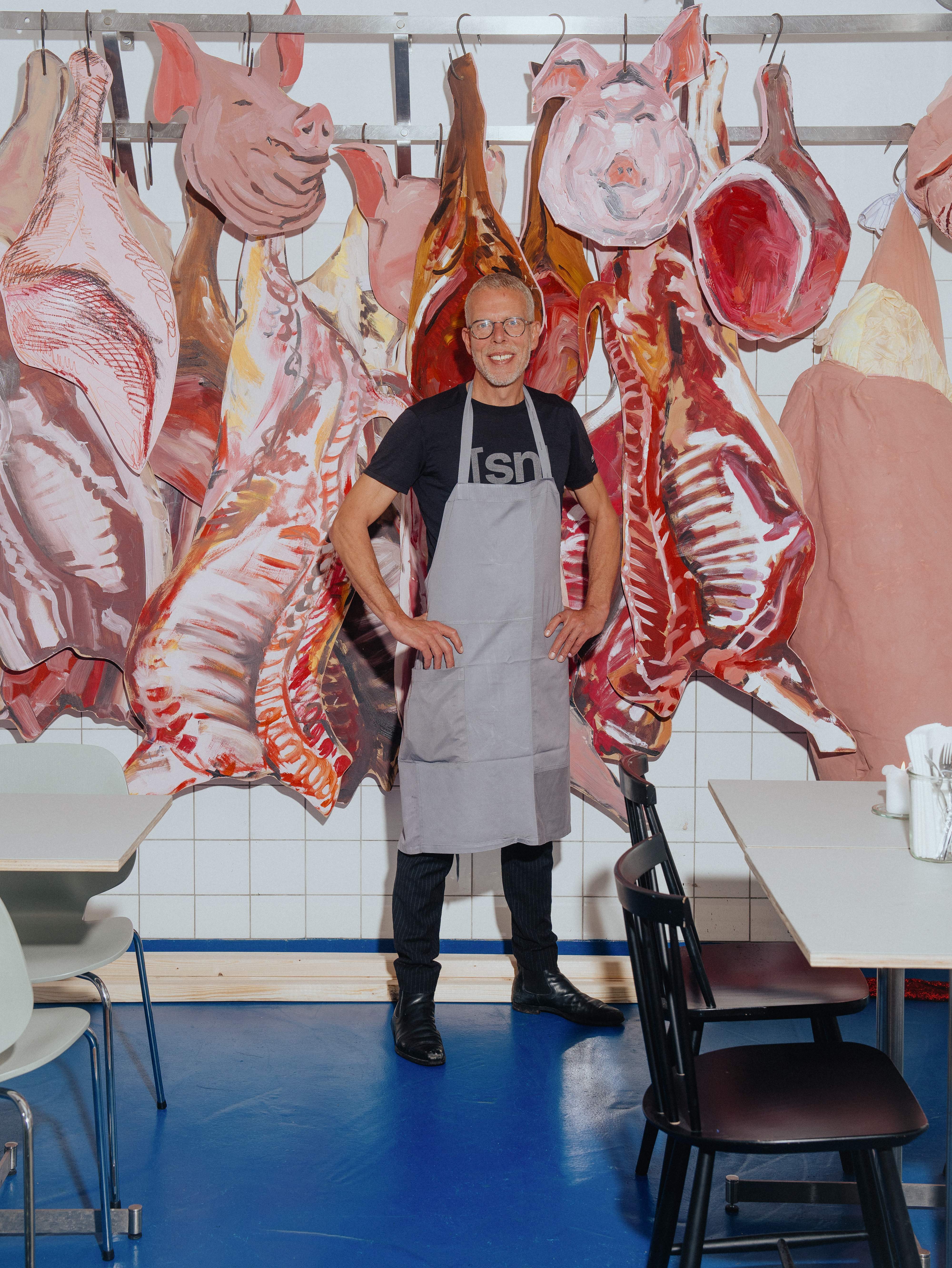
Butcher Michael Museth was also attracted by Amager’s eclectic architectural typology. He points out a Cold War bunker when monocle visits Butcheria, his new shop-cum-restaurant. “It has the perfect temperature for us.” The bunker, adjacent to the premises, was once intended to shelter workers from the nearby oil refinery in the event of a nuclear attack but is now home to slowly ageing – and richly fragrant – cuts of beef and pork for Butcheria’s charcuterie. Museth cites the lower cost of Amager as a major draw. “We could have opened in Torvehallerne [the city-centre food hall]. But the rents are several times what we pay here.” Alongside the butcher’s shop, he also has space for events, classes and weddings, as well as a kitchen garden.
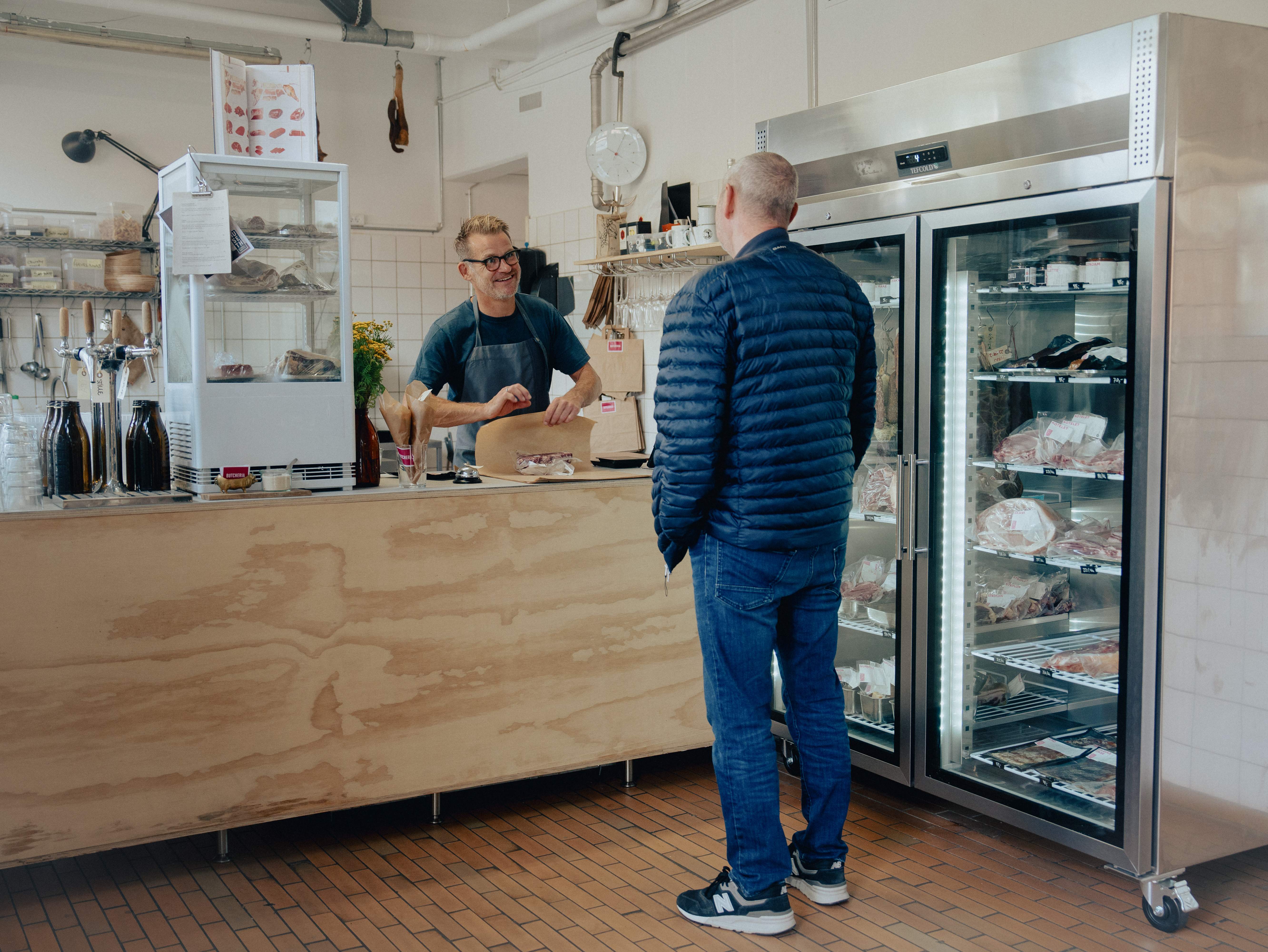
The sheer variety of premises available on Amager is matched by the diversity of businesses that have chosen it as their base: everything from coffee company Nordic Roasting and health- technology start-up Teton to Koatji, a maker of oat and koji milk. There are vertical farms, media start-ups, photographers, graphic designers and animators, as well as Moonboon, which produces hi-tech baby hammocks and was a star on the Danish version of TV show Dragon’s Den in 2021.
But ground zero for start-ups on Amager is Siljangade, a large co-working and living complex exclusively for small businesses, which opened in 2021. “We have everyone from architects and software engineers to jewellers, people who work in fashion, pole dancers and painters,” says Natalie Duggan, the manager of the building. This is the only co-living space in Copenhagen that requires residents to have a CVR – a Danish company number – which was a way for the owners, property company NREP, to get around restrictions on residential properties in this part of the island.
Some apartments are purely used as company bases, others function as company premises and homes for the company owners; rents start at DKK9,900 (€1,325) per month. There are 138 studio apartments in all, along with a gym, a café run by residents, shared workspaces, meeting rooms and a spectacular roof terrace. “Amager is a creative zone that speaks to younger people,” says Duggan, who adds that the most recent trend among residents is food start-ups. “And then you’ve got the beach nearby. Ten years ago, Amager was a little dangerous. It’s still a bit edgy but in another 10 years’ time it will be too expensive.”
